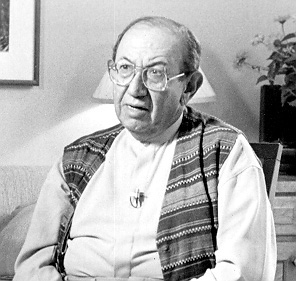A Quote by Agatha Christie
Do you know my friend that each one of us is a dark mystery, a maze of conflicting passions and desire and aptitudes?
Related Quotes
There is one antidote for evil passions: the purification of our souls which takes place through the mystery of godliness. The chief act of faith in this mystery is to look to Him who suffered the passion for us. The cross is the passion, so that whoever looks to it? is not harmed by the poison of desire. To look to the cross means to render one's whole life dead and crucified to the world.
I always find myself gravitating to the analogy of a maze. Think of film noir and if you picture the story as a maze, you don't want to be hanging above the maze watching the characters make the wrong choices because it's frustrating. You actually want to be in the maze with them, making the turns at their side, that keeps it more exciting...I quite like to be in that maze.
A friend is one who incessantly pays us the compliment of expecting from us all the virtues, and who can appreciate them in us. The friend asks no return but that his friend will religiously accept and wear and not disgrace his apotheosis of him. They cherish each other's hopes. They are kind to each other's dreams.
We are the shadow of Sirius. There is the other side of - as we talk to each other, we see the light, and we see these faces, but we know that behind that, there's the other side, which we never know. And that - it's the dark, the unknown side that guides us, and that is part of our lives all the time. It's the mystery.
The word desire suggests that there is something we do not have. If we have everything already, then there can be no desire, for there is nothing left to want. I think that what the Buddha may have been trying to tell us is that we have it all, each of us, all the time; therefore, desire is simply unnecessary.






































